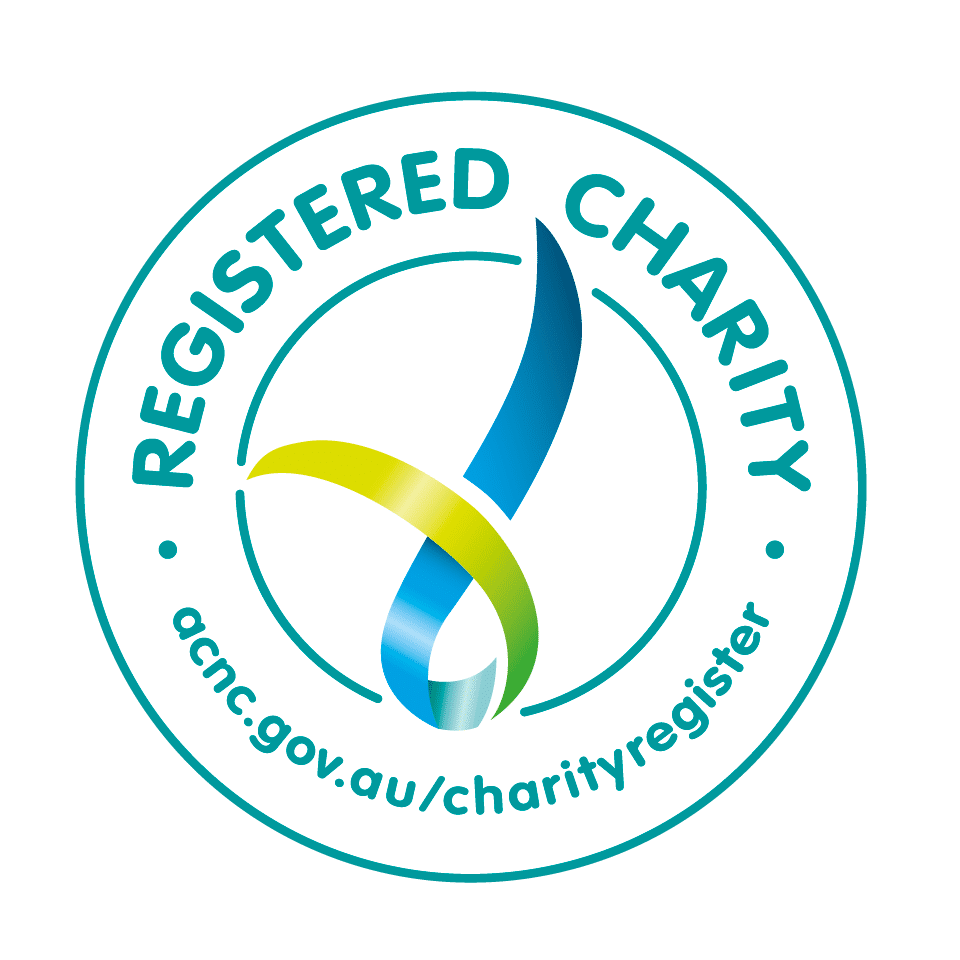Donate today to neurology research and patient care
Neurology is a fascinating area of science, delving into the complex world of the nervous system - the brain, blood vessels, muscles and nerves. Because the nervous system ultimately controls the body, diagnosing disorders of the body often means diagnosing disorders of the nervous system. As life expectancy continues to rise globally, treating brain health is becoming increasingly important.
In their lifetime
1 in 6
people will be affected by brain disorders or disease
Between 2010 and 2017
15.6%
increase in occurrence*
By the age of 85
1 in 3
will have dementia
It is really important that RBWH take part in research because the more people that we recruit into trials, the quicker we can answer the questions that we need to answer, to work out the best treatments to offer to people and the quicker we can move on to the next research question, building upon that research.

– Associate Professor Dr Andrew Wong
RBWH Director of Department of Neurology and Director of Stroke
The Gift of Time for brain research
Royal Brisbane and Women’s Hospital (RBWH) Department of Neurology focuses on four areas of patient care and research:
- Stroke
- Motor Neurone Disease
- Movement Disorders
- Multiple Sclerosis
- Epilepsy
- Huntington’s Disease Clinic
- Friedreich’s Ataxia Clinic
- Botulinum toxin clinic
- Neuroimmunology
- Cognitive disorders
- Headache
- Neuromuscular disease
Stroke

RBWH is one of the few hospitals in Queensland with a dedicated acute stroke facility, treating around 500 patients a year. Nearly 25% of all strokes affect those under 54 years of age, a figure that has doubled since 2012. As the incidence of stroke increases, so too does the prevalence of those living with disability from stroke.
RBWH research, often funded by the RBWH Foundation, has made important advances in assessment and treatment.
“Witnessing a stroke occur is dramatic and devastating, but in some cases quick action can reverse the stroke and all of its effects,” said Associate Professor Andrew Wong, RBWH Director of Neurology and Stroke.
“This is why the RBWH Stroke team have been investigating emergency treatment of stroke in collaboration with our QAS colleagues.
“Well designed stroke care pathways conducted by highly trained staff can identify which people with stroke can benefit from emergency treatments, and how to get them to the right hospital as quickly as possible so those treatments can be given.”
Your donations will help fund research, such as:
- Emergency treatments to minimise stroke damage; use of MRI technology to identify stroke locations in the brain; medications to reopen blocked arteries.
- Rehabilitation to maximise patient recovery, prevent long-term disability and aid return to the community.
- Initiatives to reduce the risk of recurrence.
With one person suffering a stroke every 19 minutes in Australia, and the prediction that by 2050 this will increase to one person every 10 minutes, there is an urgent need for research funding.


Savannah's story
In February 2020, 38-year-old Redcliffe Mum Savannah was on her way to work when she pulled her car over in distress and collapsed on the side of the road. An off-duty police officer on his morning jog immediately recognised the signs of a severe life-threatening stroke.
Savannah was rushed to Royal Brisbane and Women’s Hospital (RBWH) in a non-responsive state. She was rushed into emergency blood clot retrieval surgery that was only available at RBWH and only because RBWH neurologists had researched the cutting-edge procedure.
Her survival and recovery has been remarkable.
Three years later, Savannah says she has been given the Gift of Time thanks to medical research.
"I've got so much left to do! I got to marry my husband in that time, I had extra time with my Mother before she passed away, and my husband and I have changed our thought processes.
"Before, we were going to buy a house, now we're going to buy a caravan and travel. Life is too short!"
Motor Neurone Disease
Motor Neurone Disease (MND) is one of the most devastating and mysterious medical conditions, which progressively destroys all muscles in the body but does not affect senses, intellect and memory. There is currently no cause, treatment or cure.
In 2002, the RBWH Foundation awarded its very first MND grant to then Dr Rob Henderson (pictured with RBWH patient John Hanley). Two decades later, Associate Professor Henderson has expanded his team and has expandednational and international clinical trials significantly with current involvement in at least six major clinical trials.
Your regular gift or one-off donation will ensure the expansion of MND research so a cure can be discovered faster.

Parkinson's Disease

Dementia is common at advanced stages of Parkinson’s disease. With it comes lower quality of life, increased financial burden, and early institutionalisation. Yet unfortunately, there are currently no known effective treatments to reduce the risk of dementia in Parkinson’s disease.
An RBWH Foundation funded project, led by Associate Professor Nadeeka Dissanayaka, is investigating the use of a drug traditionally used for epilepsy to treat early-stage memory problems in Parkinson’s disease.
“If this initial trial is successful, it will lead to a larger international trial to develop levetiracetam as a treatment in Parkinson’s disease,” said A/Prof Dissanayaka.
“However, regardless of the outcome, the study will help us understand more about cognitive impairment in Parkinson’s disease, in particular, we will learn about the brain mechanisms behind the memory problems experienced by many people living with Parkinson’s disease.”
A monthly gift will help support more life saving neurology research and patient care projects.
While very donation makes a difference, monthly gifts are the most powerful way to help ensure life-saving neurology research continues and more projects are funded.




